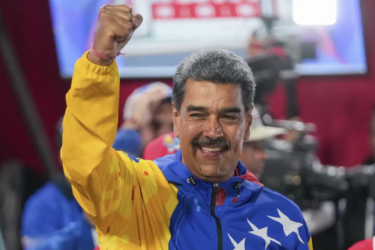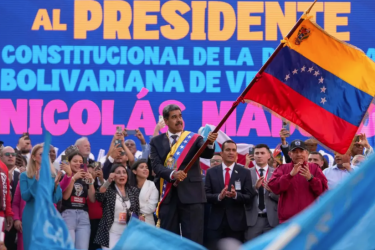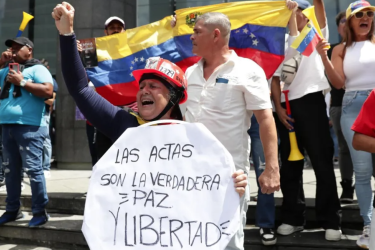Communist Party of Venezuela
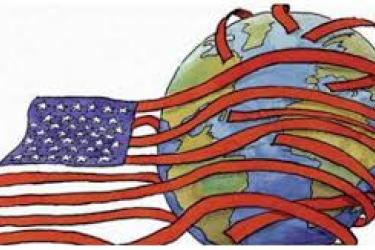
Venezuela: Trump’s recolonisation project and the shape of resistance to come
Luís Bonilla-Molina — Nationalist sentiment is sweeping the country, but it lacks a clear political leadership.
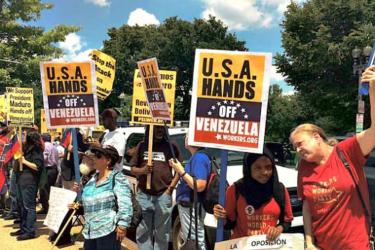
Solidarity with Venezuela: The real issue is demonisation, not criticism of Maduro
Steve Ellner — The issue in debate is not Maduro’s mistaken policies but his demonisation, which undermines the task of opposing US sanctions on Venezuela.
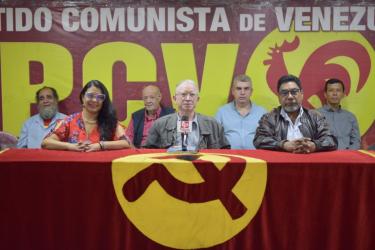
False anti-imperialism and the class struggle in Venezuela
Pedro Eusse outlines the Communist Party of Venezuela’s position on the Maduro government and responds to statements made by Steve Ellner about his party.
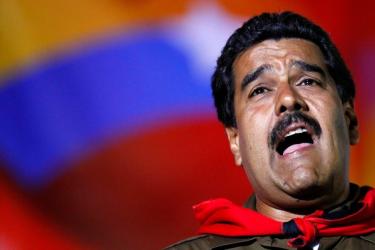
Demonising Nicolás Maduro: Fallacies and consequences
Steve Ellner — Failure to contextualise errors and transcend binaries when it comes the Maduro government leads to underestimating the US sanctions and undermines solidarity.
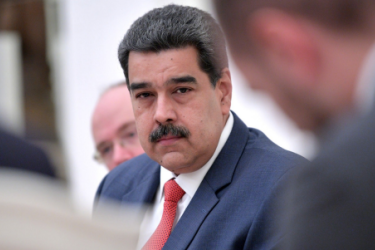
Capitalism and authoritarianism in Maduro’s Venezuela
Gabriel Hetland — Maduro’s authoritarianism has garnered significant attention, but there has been less notice of the transformation in Maduro’s class base.
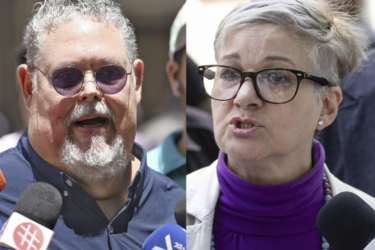
Statements from the Venezuelan left: End the detentions, forced disappearances and repression!
Various revolutionary left groups and human rights organisations have released statements denouncing the wave of police repression unleashed in the lead up to Nicolás Maduro’s inauguration.
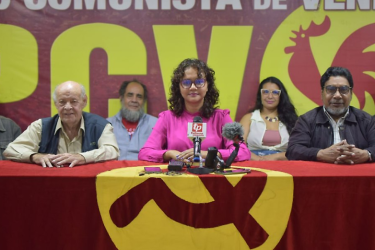
Venezuelan Communist Neirlay Andrade: ‘An authoritarian regime is never the better option’
Neirlay Andrade argues that the Maduro government’s refusal to publish election results means it ‘is crossing a line of no return and rapidly imposing a reactionary regime.’
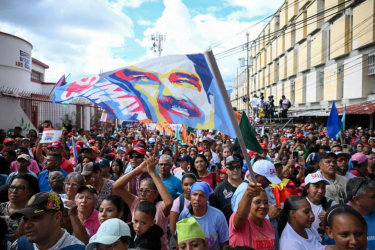
Venezuela: Opposing the blockade is our main task
Chris Slee — Activists in Venezuela have every right to criticise government policy. But for socialists in the imperialist countries, our priorities should be different.
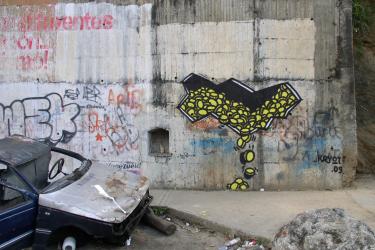
Against authoritarianism and neoliberalism in Venezuela: A view from the critical left
In this conversation, Edgardo Lander seeks to move beyond the dogmatic, schematic and sectarian views that characterise much of the international flow of information and analysis on Venezuela.
